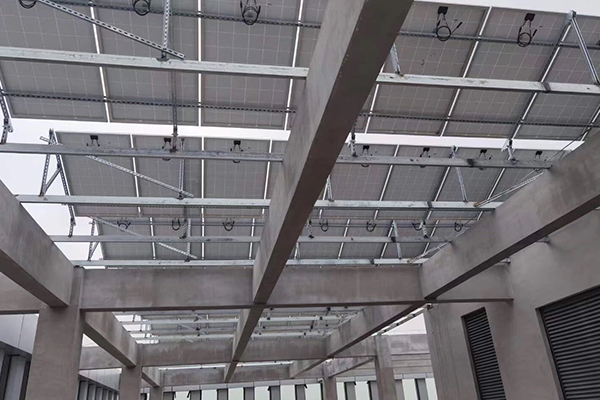Today, with the rapid development of the solar energy industry, solar panels have become the main force of green energy solutions. However, flat roof owners and developers often face several challenges when choosing solar installation options. To overcome these challenges and achieve optimal performance, specially designed flat roof solar installation solutions are taking center stage.
First, let’s understand the characteristics of flat roof solar installations. Compared with pitched roofs, solar installations on flat roofs face more challenges, such as drainage, wind and structural support. Therefore, the best flat roof solar installation solution needs to have the following features: a stable support structure to ensure safe and stable operation of solar panels in various climate conditions; good drainage design to prevent water accumulation and roof leakage; flexible The installation method adapts to different roof shapes and structures; and the efficient solar panel layout maximizes the utilization of solar resources.
When choosing the best flat roof solar installation option, one of the key factors is the type of mounting system. There are many types of solar installation systems on the market today, including bracket type, membrane type, fixed type and adjustable type. Each type of mounting system has its own unique advantages and suitability. For example, bracket mounting systems are usually fixed on the roof using brackets or support structures, are stable and adjustable, and are suitable for various flat roof structures; while membrane mounting systems use special clamps to mount solar panels on the roof. On the roof, there is no need to penetrate the roof surface, avoiding the risk of roof leakage. Therefore, when choosing the best flat roof solar installation option, you need to consider various factors based on the actual situation and choose the most suitable type of installation system.
In addition to the type of installation system, the layout and arrangement of solar panels are also important factors that influence the effectiveness of flat roof solar installations. Typically, the layout of solar panels should make full use of the roof space as much as possible and take into account factors such as light angle and shadow shading to maximize the power generation efficiency of the solar panels. In addition, reasonable panel layout can also reduce installation costs and maintenance costs, and improve the overall return on investment.

